Projects
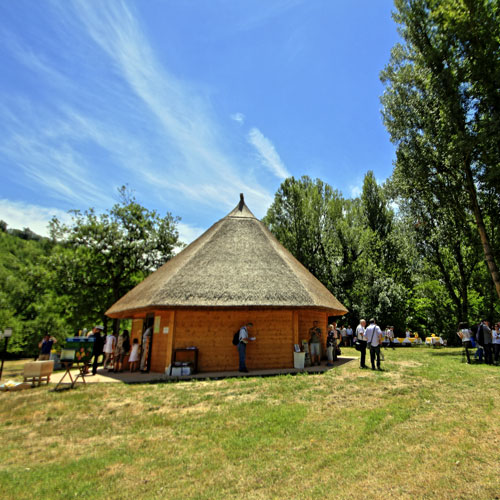
Visit the Bee and Honey Park
Created by Conapi in response to ever-growing interest in the world of bees, “Il Parco delle Api e del Miele” (the Bee and Honey Park) is an ideal learning environment where visitors can discover some of nature’s most fascinating secrets. Find out about the activities and book a trip for your class or sign up for one of our open days.
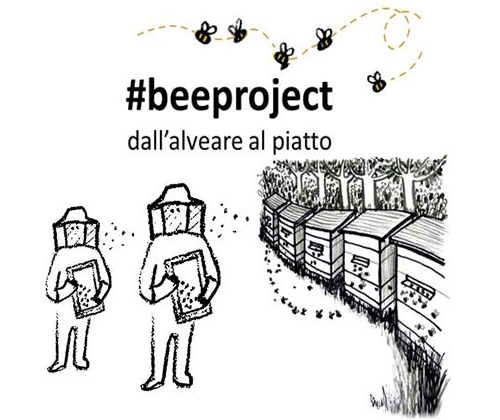
#BEEPROJECT
With #Beeproject, Mielizia joins famous food writer and TV presenter Francesca Romana Barberini to bring Mielizia’s values straight into Italian kitchens. In a dialogue between Ms Barberini and Giorgio Baracani, beekeeper and Conapi deputy chair, Mielizia promotes the importance, culture and values of honey. Video-tutorials with quick, easy recipes and interviews with the beekeeper “in the field” will be broadcast monthly throughout 2016, to explain the importance of bees and the invaluable job they do.
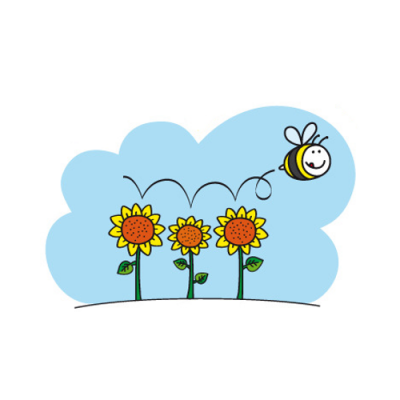
Follow Milli the Honeybee
The world of Milli is an educational project, launched in 2009 to promote a sense of responsibility in younger generations regarding the environment, using parallels with the world of bees. Milli’s exercise book and the website dedicated to her offer families, children and teachers ideas and inspiration for exploring many themes related to the environment.
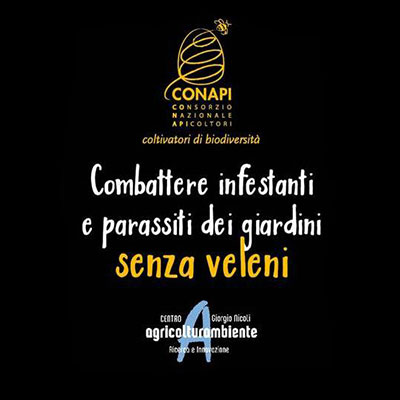
Urban Green Spaces
In 2015 we launched a project in partnership with the “G. Nicoli” Centro Agricoltura Ambiente of Crevalcore (Bologna), with the aim of safeguarding bees and useful insects during the plant protection treatment of urban green spaces. The project aims to raise the awareness of the townspeople and administrators of Municipalities in the Emilia-Romagna Region on the importance of managing public and private parks and gardens correctly, to safeguard bees and other useful insects.
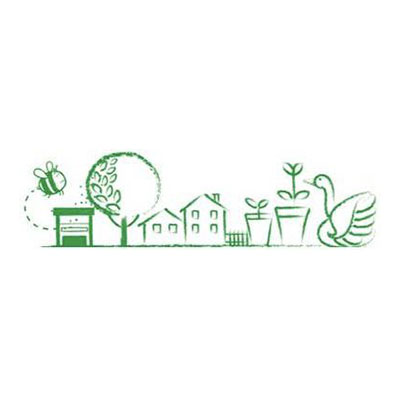
Bees and Allotments
Conducted in partnership with the Legambiente environmental association, this is a public education project on the importance of bees and their system as bioindicators of organic pollution, and the principles of organic farming. Launched in association with the University of Bologna, the project is now running in three pilot cities – Bologna, Milan and Potenza – at the urban and community allotments of the Legambiente branch network.
